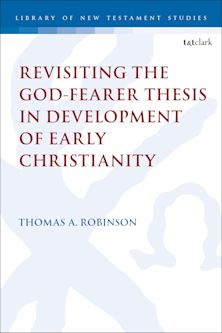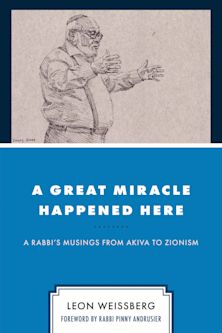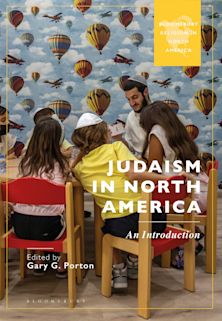Jews in Southern Tuscany during the Holocaust
Ambiguous Refuge
Jews in Southern Tuscany during the Holocaust
Ambiguous Refuge
This product is usually dispatched within 3 days
- Delivery and returns info
-
Free US delivery on orders $35 or over
Description
The province of Grosseto in southern Tuscany shows two extremes in the treatment of Italian and foreign Jews during the Holocaust. To the east of the province, the Jews of Pitigliano, a four hundred-year-old community, were hidden for almost a year by sympathetic farmers in barns and caves. None of those in hiding were arrested and all survived the Fascist hunt for Jews. In the west, near the provincial capital of Grosseto, almost a hundred Italian and foreign Jews were imprisoned in 1943–1944 in the bishop's seminary, which he had rented to the Fascists for that purpose. About half of them, though they had thought that the bishop would protect them, were deported with his knowledge by Fascists and Nazis to Auschwitz. Thus, the Holocaust reached into this provincial corner as it did into all parts of Italy still under Italian Fascist control. This book is based on new interviews and research in local and national archives.
Table of Contents
Acknowledgments
List of Sources
List of Personalities
A Short Introduction
Chapter One: Pitigliano and Other Cities of Refuge for Jews in Southern Tuscany over the Centuries
Chapter Two: A Bolt from the Blue? Fascist Racial Laws of 1938 and their Effects in Southern Tuscany
Chapter Three: Town versus Country, Conformity versus Defiance: Contrasting Behaviors Involving Jews
Chapter Four: Hiding Like Animals, in Caves, Barns and Farms; and the Righteous Gentiles of Tuscany Who Risked their Lives Protecting Jews
Chapter Five: At the Mercy of the Church and the Fascists: The Obligingly Hospitable Bishop Galeazzi of Grosseto, and the Experience of Jews Who Turned Themselves In
Chapter Six: Foreign Jewish Refugees Who Fled to Tuscany: Early Experiences
Chapter Seven: Last Days at the Bishop's Palace for Foreign and Italian Jews
Chapter Eight: Post War: The Search for a Return to Normal: For Jews, a Future of Virtual Judaism
Bibliography
About the Author
Product details
| Published | May 11 2022 |
|---|---|
| Format | Paperback |
| Edition | 1st |
| Extent | 226 |
| ISBN | 9781793629814 |
| Imprint | Lexington Books |
| Illustrations | 21 b/w photos; |
| Dimensions | 9 x 6 inches |
| Series | Sephardic and Mizrahi Studies |
| Publisher | Bloomsbury Publishing |
Reviews

ONLINE RESOURCES
Bloomsbury Collections
This book is available on Bloomsbury Collections where your library has access.


































